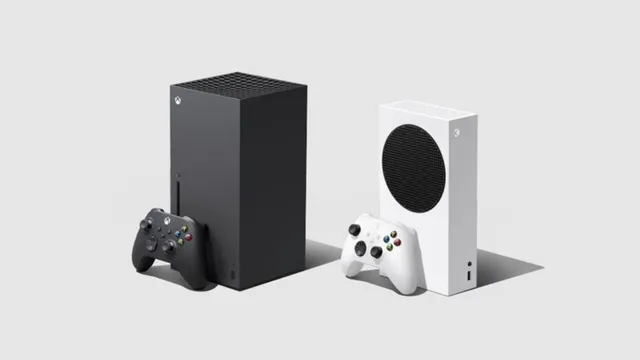- By Prateek Levi
- Thu, 19 Jun 2025 11:58 AM (IST)
- Source:JND
Xbox Consoles: In a big move that could change how Xbox players access their games, Sarah Bond, president of Xbox at Microsoft, has confirmed that the next-generation Xbox console won’t be locked to a single store or one device. This means players will no longer be limited to buying games through Microsoft’s own store. Instead, they’ll be able to download and install both new and existing titles from third-party platforms such as Steam and Epic Games.
“This is all about building a gaming platform that’s always with you, so you can play the games you want across devices anywhere you want,” said Bond. She also noted that the Xbox team is collaborating closely with Microsoft’s Windows division to ensure that Windows becomes “the number one platform for gaming”.
This announcement comes just weeks after reports surfaced about Windows-powered handhelds underperforming compared to their SteamOS counterparts. Aware of the criticism, Microsoft recently introduced Windows-based ASUS ROG Xbox Ally handhelds, designed to deliver a smoother gaming experience on the go. These devices come with an “immersive Xbox full screen experience” that replaces the traditional desktop and taskbar with a performance-optimised user interface built specifically for handheld gaming.
The ROG Ally handhelds already allow access to various stores, including Steam, and now it appears the same open-access philosophy will be extended to the upcoming Xbox console.
In a short YouTube video, Bond further revealed that Xbox is continuing its “strategic multi-year partnership” with AMD. This collaboration involves developing custom silicon for a range of devices, including the next-generation Xbox console and a portable gaming handheld.
Microsoft has also confirmed that backward compatibility will be a key feature of the upcoming Xbox. In contrast to the new Xbox Ally devices—which can’t run games that lack a PC version—the next-gen console, expected to launch in 2027, will support the entire Xbox library, old and new.
Additionally, Microsoft and AMD are working together on advancing Xbox Cloud Gaming. Meanwhile, AMD is also teaming up with Sony to develop a custom SoC (System on a Chip) for the upcoming PlayStation 6.
ALSO READ: Samsung Is Quietly Testing New Battery Technologies, But Don’t Expect Them Anytime Soon
With these moves, Microsoft is clearly aiming to redefine what an Xbox console can be—more open, more flexible, and ready for a multi-platform future.

